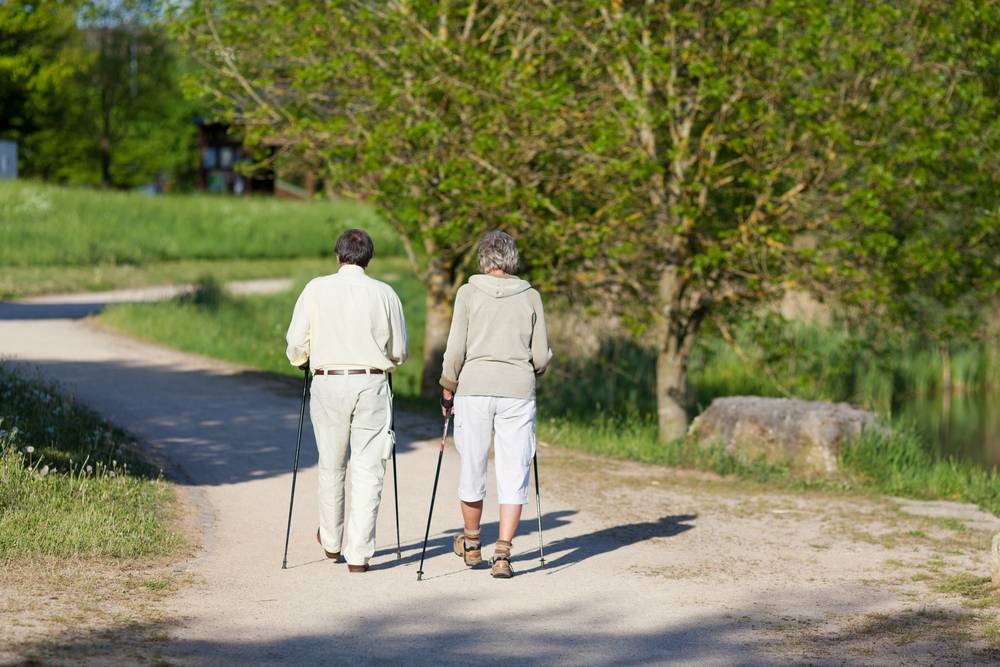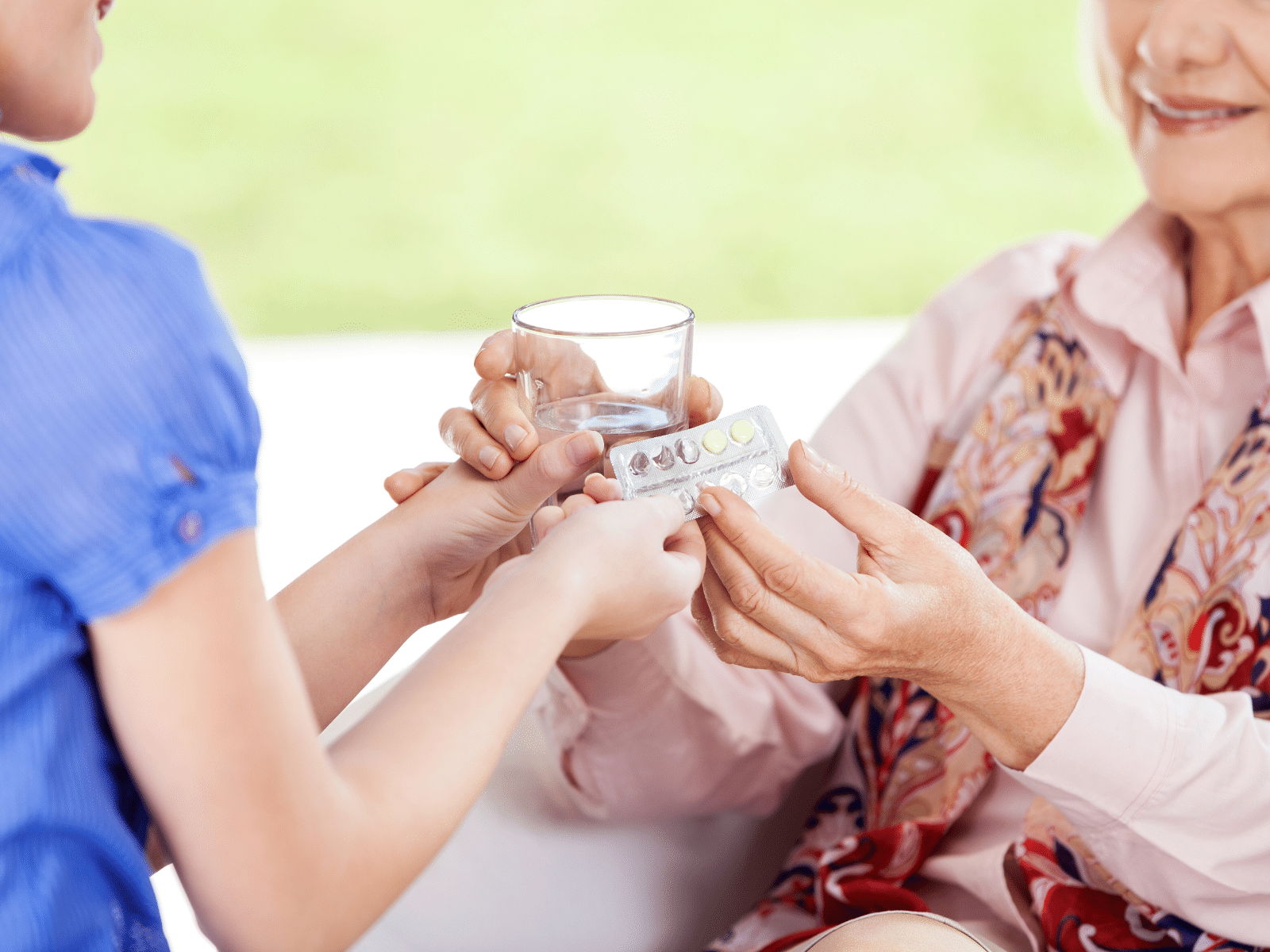With More Nursing Home Residents Vaccinated Against Coronavirus, Summer Season Calls Greater Attention to Wandering Risk
As Illinois continues to open up and more of the state’s population becomes vaccinated from COVID-19, including those over 65 living in skilled nursing facilities, it is expected that many individuals will want to spend time outdoors to help increase both activity and their mood. With that excitement should be a reminder that Chicago will also have its regular summer heatwaves and hot days – making outside temperatures dangerous for some. For the elderly who travel outdoors, take certain medications that alter the body’s ability to regulate temperatures, or are without the appropriate indoor cooling areas, many will negatively react to high-temperature exposures.
To identify any heat-related illness, nursing home staff should watch out for:
- high body temperature (103°F or higher)
- heavy sweating
- hot, red, dry, or damp skin OR cold, pale, and clammy skin
- fast, strong pulse OR fast, weak pulse
- headache
- dizziness, nausea, or vomiting
- confusion OR losing consciousness
- muscle cramps
- tiredness and listlessness OR overall weakness
In general, heat-related illnesses are largely preventable. Keeping residents hydrated, out of intense heat, protected by emergency information systems, and with access to adequate cooling and supplies are all necessary steps in reducing heat-related incidences among nursing home residents.
Nursing Homes Should Have Strategies in Place to Prevent Wandering and Elopement
Some nursing home residents tend to wander and aimlessly move about their environment naturally. They may even lack the ability to safeguard themselves from recognizing extreme temperatures. This is especially true for those battling Alzheimer’s Disease and other dementias. And when confronted, some eloping patients may respond aggressively towards staff and be unwilling to cooperate or be able to return to the nursing home. Typically, if the issue is left unresolved, recurring incidents of increased dangerous wandering may occur. Worst-case scenarios might result in the resident never being found, becoming victims of a violent act, or seriously injuring themselves.
However, there are strategies to help prevent wandering and elopement, starting with a fully trained, attentive, and equipped staff. Nursing home facilities should also have a set of safety standards to follow that will identify patients at risk to wander and follow these cautionary steps when residents are required to stay inside or closely watched during hot weather events.
Chicago’s Top-Rated Nursing Home Abuse and Neglect Attorneys
If you suspect elder abuse or neglect of any kind, please contact us to request a meeting with one of our experienced nursing home attorneys at Levin & Perconti. Together we will help determine if you have a case, notify the proper authorities, and vigorously pursue justice.
You can contact us at 877-374-1417 or in Chicago at 312-332-2872. All calls and discussions with our attorneys are FREE and confidential. There is a statute of limitations for filing elder abuse cases in the state of Illinois, so seek legal counsel as soon as you are ready.



